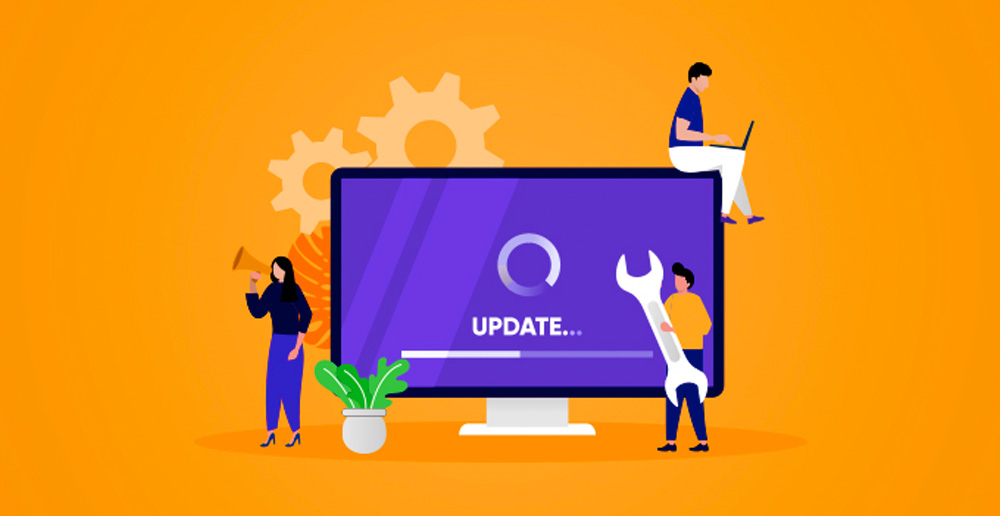Building a website can serve many purposes. It can be used to make yourself heard, drive a positive change, promote a business, or create a platform where people can interact. That said, a website can be a catalyst for progression, whether its use is personal or professional.
In order to keep your website running and relevant, you should pay close attention to website maintenance.
Why is website maintenance important you might ask? Well, let’s just say that website maintenance duties are important because it allows you to make necessary updates in terms of security, content, and user experience — three of the most important factors to consider during an ongoing website maintenance.
To help you better understand the importance of continuous website maintenance, we’ll look into some of the most compelling reasons why many business owners and web design companies prefer the ongoing upkeep.
But first, let’s look at what ongoing website maintenance means.
Periodic maintenance vs full-time support (ongoing website maintenance)
Periodic website support and maintenance, happens within a predetermined schedule. The person in charge of maintaining your website will check its backend and give it a once over, which could happen once a month or once every few months. Periodic website maintenance is not as taxing and as demanding as giving your website full-time support, but it does leave a window of time where no action is done to address arising issues. Think of unresponsive web pages or broken links. The only time when a resolution may be provided to address these issues is when the scheduled maintenance is carried out.
Full-time support or ongoing maintenance on the other hand, entails more activities and may require simultaneous actions, increasing the website maintenance cost. Nevertheless, it rewards your website with a strong support system that can tackle issues early on. Visitors that are having trouble with blurred images and low-res videos will not have to return to a page having the same problems. You can easily implement updates as needed.
On that note, many website owners and website developers opt for a full-time website maintenance plan than a periodic one. Here are other reasons why web professionals prefer the former over the latter.
1. It builds security
Security is one of the reasons why continuous maintenance is important. Whether it’s to protect your website from hackers or your visitors from malicious software, making sure that your website is keeping up with software patches and security updates can give it some level of protection. And while you can’t really be safe from data hackers, continuously maintaining your website puts you in a better position to implement the necessary actions to stop those who mean you and your website harm.
2. It increases site traffic
Constantly maintaining your website also includes activities like improving content that will make your website rank better on different search engines. The better your ranking in these browsers, the easier your target audience can reach you.
Web browsers like Google raise rankings for websites that are updated regularly. By packing your website with written content that has strategically placed keywords, you will have a better chance of landing the first page of a search engine. This means that your website will have better visibility, which will not only drive returning visitors but also new ones. By constantly updating your website, you can improve your traffic and increase your online presence.
3. It improves user experience
User experience plays a vital role in the success of your website. Studies show that people who land on a slow and lagging website tend to leave and click on the next search result hoping that they can get a faster, better experience.
Things like optimized images and videos can contribute to making your website responsive and fast. These small but significant changes can improve user experience making your website worth visiting.
You can also update the content on your website so your visitors can always come to see fresh content instead of dated ones. Dated information may send a wrong message to your visitors and can give them the impression that you are not paying attention to your website or maybe that you’re no longer active. This leaves a negative effect especially for those who use their websites as a business platform.
Conclusion
Ongoing website maintenance may require more funding and may entail more maintenance activities than checking your website every once in a while. However, its benefits outweigh the tasks and the costs involved, making it an ideal choice for those who want their websites to succeed.


